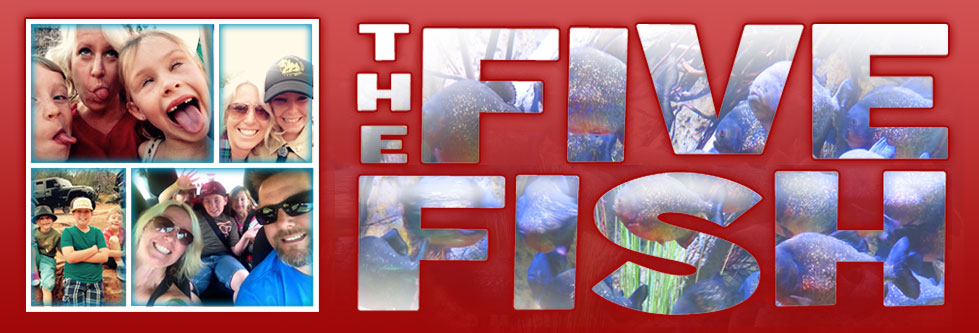Water quality issues in the United States aren’t restricted to Flint, and they aren’t going away any time soon. The conversation that needs to happen on a national level has already started, but what can you do on a personal level to protect yourself and your family? It’s all well and good to make sure that your representatives are addressing the systemic infrastructure issues, but in the meantime, you have to live with your water quality every day.
Check Reports
Do not assume that because you live in a “nice area” that your water is safe. Wealthy old town areas can have old or outdated infrastructure, and new developments are no guarantee of safety either. Double check by looking up reports from official sources as well as checking for local news stories. If you live in a city, there may be regularly produced municipal reports on water quality, but also check independent lists of cities with pollution issues, because there are other metrics to consider that might not be in municipal reports. You might not be part of a municipal water supply if you live in the suburbs or country. Well water doesn’t make you entirely immune from the dangers of water contamination.
Test for Yourself
Sometimes information won’t be readily available, but even then you have options. Look up residential water treatment systems Akron or your area, as many companies offer free professional water tests in addition to services for how to purify and treat your water. A test will tell you not only whether your water is safe to drink, but also whether you need water softeners.
Beyond Pollution
Water issues aren’t always so extreme that they make your water unsafe to drink, but that doesn’t mean they don’t need to be addressed. Hard water, full of minerals, can clog up your boiler or even damage your clothes. Generally, these kinds of issues can be treated with commercially available products in your home, but they can be costly.
See What Can Be Done
Once you’ve got the facts about your water, you can act to protect yourself and your home. Talk to your city management, your landlord, or your neighbors. Sometimes filtration and other home treatment options will be enough, and sometimes it won’t. In extreme cases, you might be forced to move, but if that isn’t possible, get organized and take action. Bottled water is an expensive, short term fix for a large problem that needs large solutions.
